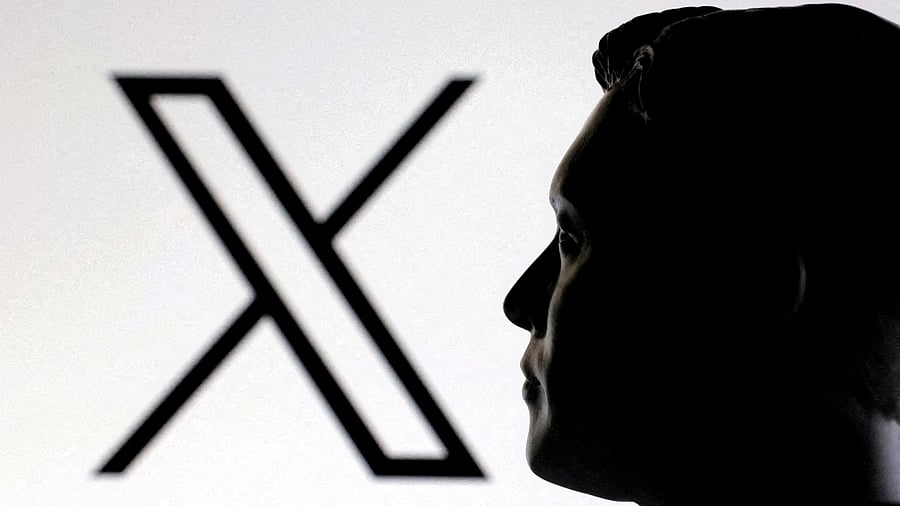
X had urged the court to direct that Section 79(3)(b) does not authorise the government to issue information blocking orders in circumvention of Section 69A, the Blocking Rules, and the Supreme Court decision in the Shreya Singhal case.
Credit: Reuters photo
Bengaluru: In a setback to Elon Musk's X Corporation, the Karnataka High Court on Wednesday dismissed the petition challenging the union government’s direction authorizing certain officials to issue information blocking orders under section 79 (3)(b) of the Information Technology (IT) Act. Rejecting the contentions placed by the microblogging platform, Justice M Nagaprasanna observed that regulation of information is neither novel nor unique and said, “Unregulated speech under the guise of liberty becomes a licence to lawlessness.”
“The petitioner’s platform is subject to a regulatory regime in the United States of America, its birthplace and foot land. Under the ‘Take It Down Act’ of the United States, it chooses to follow the said Act as it criminalises the violation of the orders of take down. But the same petitioner refuses to follow the same in the shores of this nation of similar take down orders which are founded upon illegality. This is sans countenance,” Justice Nagaprasanna said while reading the summary of the judgment.
In its petition, X Corp contended that section 79(3)(b) of the IT Act does not authorise the government to issue information blocking orders in circumvention of section 69A, the Blocking Rules, and the Apex Court decision in Shreya Singhal case. The petitioner stated that in the Shreya Singhal case, the Apex Court had held that section 69A is the only procedure to issue blocking orders because it is ‘a narrowly drawn provision with several safeguards.
The petitioner had also sought a direction to the authorities to restrain them from taking coercive action against its representatives, employees or officers, for not joining the Sahyog portal, created by the Ministry of Home Affairs (MHA) on October 9, 2024. The MHA sent a letter asking the X Corp to appoint a ‘Nodal Officer’ to ensure compliance with the blocking orders that will be issued through the portal, the petition said.
The court examined as to whether the rules now occupying the field (2021 Rules) demand a fresh interpretative lens as the Apex Court had considered the 2011 Rules in the Shreya Singhal case. Justice Nagaprasanna noted that while the Apex Court had predicated on the judgement of Reno vs American Civil Liberties Union, the Reno case itself has been diluted in subsequent pronouncements of the American Supreme Court. “Shreya Singhal spoke of 2011 rules, now consigned to history. The 2021 Rules fresh their conception and distinct in their design demand their own interpretative frame unsaddled by precedents that address the bygone regime,” Justice Nagaprasanna said.
The court further said, “Regulated speech by contrast preserves both liberty and order, the twin pillars upon which democracy must stand. No social media platform in the modern-day agora may even feel the semblance of exemption from rigour of discipline of the laws of the land. None may presume to treat the Indian marketplace a mere playground where information can be disseminated in defiance of statutes or disregard to legality. And later adopting a posture of detachment or hands off.”
Sahayog, a beacon of cooperation:
Insofar as the challenge to the Sahayog portal, the court said that it is far from being a constitutional anathema. “In truth, it's an instrument of public good, conceived under the authority of Section 79(3)(b) of the IT Act and Rule 3(b) of the 2021 Rules. It stands as a beacon of cooperation between citizens and the intermediary—a mechanism through which the State endeavours to combat the growing menace of cybercrime. To assail its validity is to misunderstand its purpose. Hence, the challenge is without merit,” the court said.